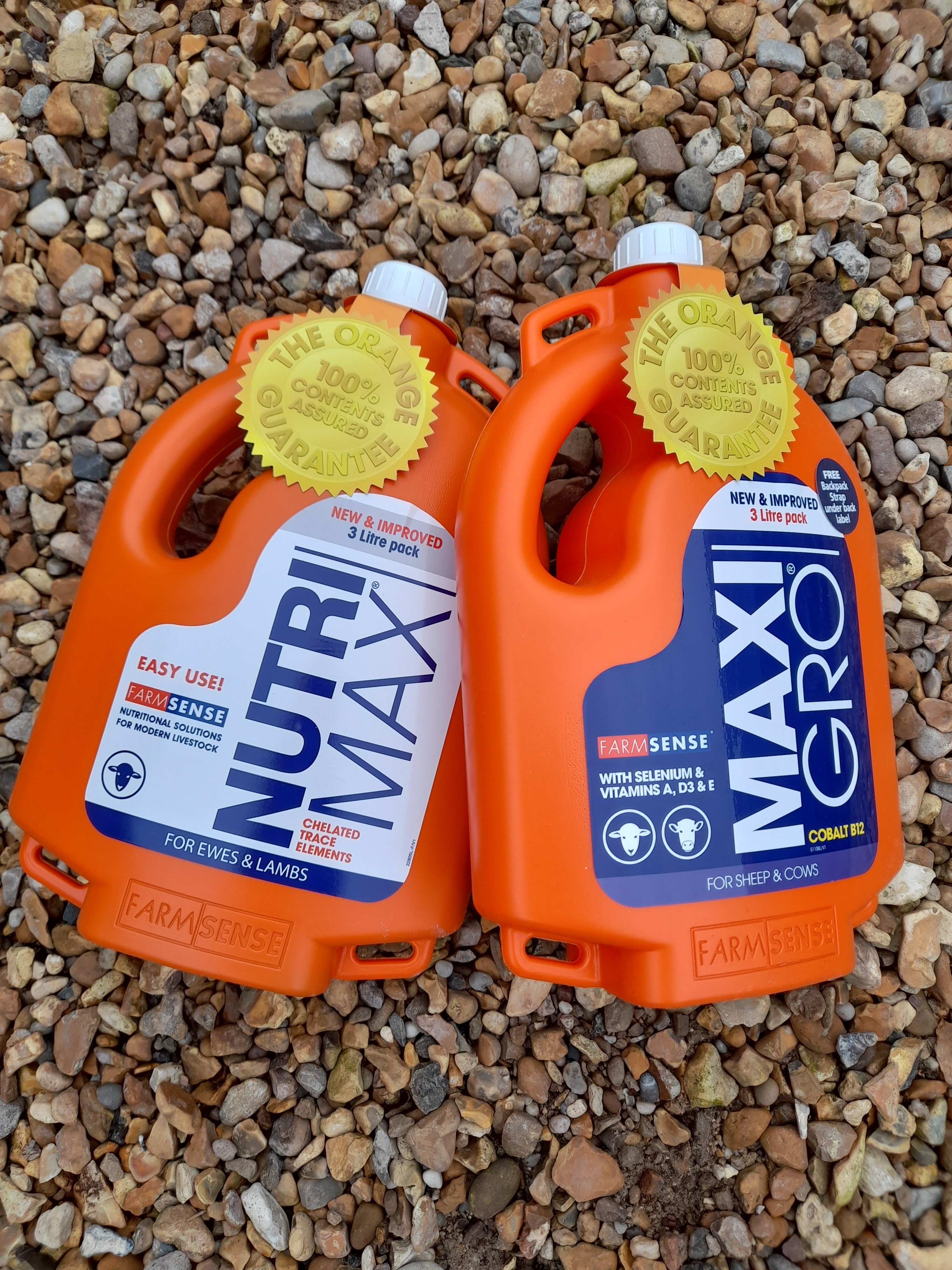Many farmers are experiencing issues brought on by the current drought across Britain. Various factors can affect the quality of your grass including soil type, growth stage, fertilisation, how grazed it has been and of course, weather.
The dry period affecting many parts of the UK right now has left many grazing platforms looking like standing crops of hay which brings the potential problem of vitamin and mineral deficiencies. Hay has a much lower vitamin E content compared to grass, so farmers who substitute grass with hay could see vitamin E deficiencies start to creep in. Due to the relationship between selenium and vitamin E, this potential vitamin E deficiency is also likely to cause an increased selenium requirement in grazing animals. Selenium deficiency can lead to white muscle disease, infertility, ill-thrift, abortion and low growth rates.
After a period of drought, sudden rain can also bring its own issues. When grass growth returns, animals whose growth may have been held back by the lack of forage/grazing will potentially start to grow rapidly on the lush protein-rich grass. This is likely to be particularly prominent in growing and finishing lambs. Rapidly growing lambs have the highest cobalt requirement and could therefore be affected significantly by shortages. Cobalt deficiencies could lead to the condition ‘Pine’, lack of appetite, diarrhoea, poor growth, rough/discoloured coat, anaemia, staggers and bone deformities.
If a sheep farmer has previously suffered cobalt deficiencies, it is especially likely they will see them again this year. However, deficiencies could also occur on farms where it has never previously been an issue. Following a similar hot weather period in 2018, there were many reports of lambing percentages being down. Ewes require a mix of minerals for optimum fertility, pregnancy and birth and many of these minerals (not vitamins) come from their dry matter intake – grass. If the grass isn’t growing, and therefore not available for them to eat, their dry matter consumption will consequently be reduced. This subsequently reduces their mineral intake.
Minerals are absolutely key for performance, health and fertility. In situations like we are currently experiencing, mineral supply needs to be considered, whether finishing lambs or pre-tupping the for the ewes (and tups!), and a drench is a good option for ensuring your animals have a balanced and adequate intake, sufficient for their growing needs.
